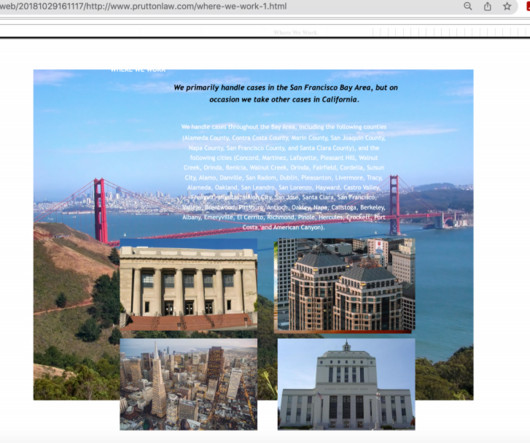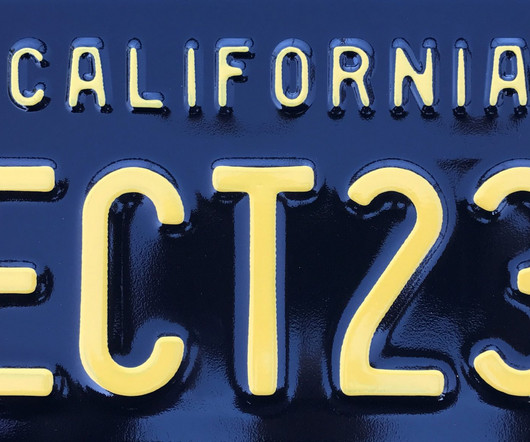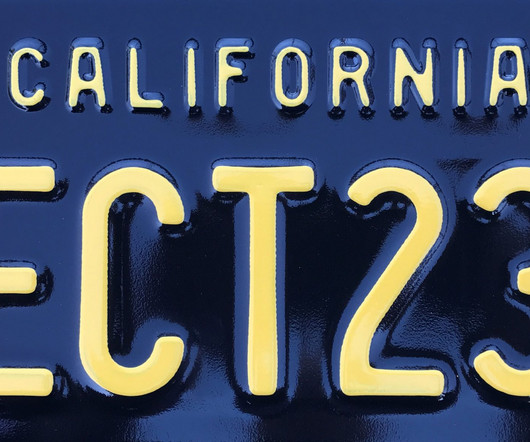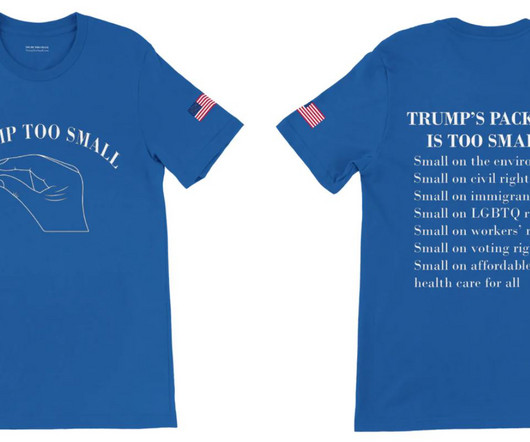Understanding the CCB’s First Two Final Determinations (Guest Blog Post–Part 3 of 3)
Eric Goldman
MARCH 29, 2023
Consistent with the CCB’s small claims court ethos, the case involved both a pro se claimant and respondent. Eight months after filing, the first two Copyright Claims Board (CCB) Final Determinations have been handed down. Mitrakos, 22-CCB-0035 , February 15, 2023, and Oppenheimer v. Prutton, 22-CCB-0045 , February 28, 2023.
















Let's personalize your content